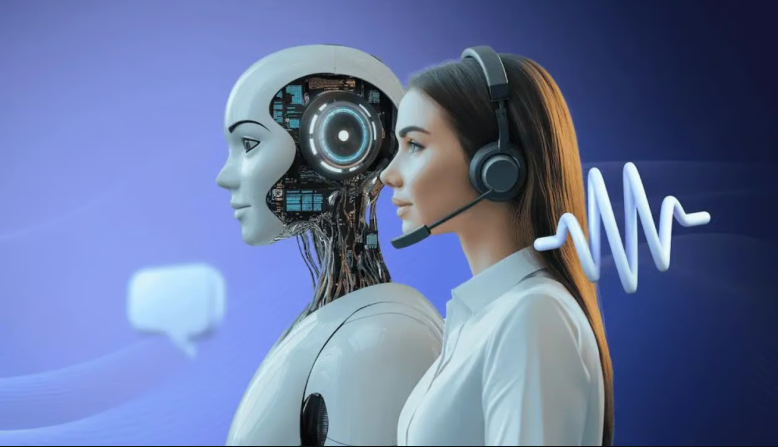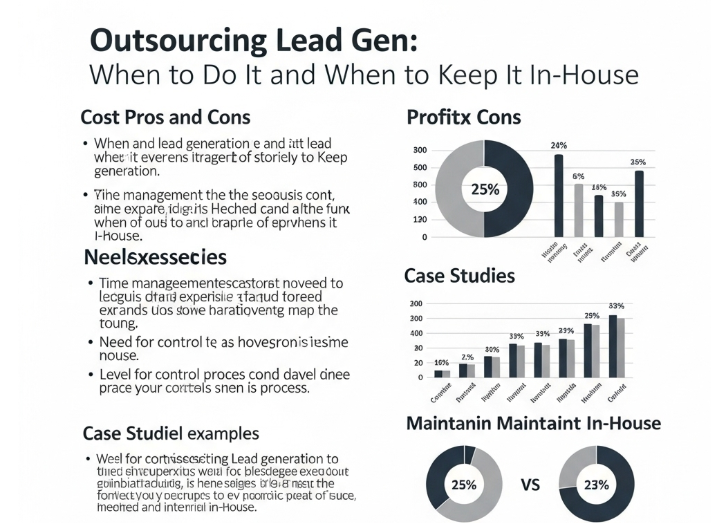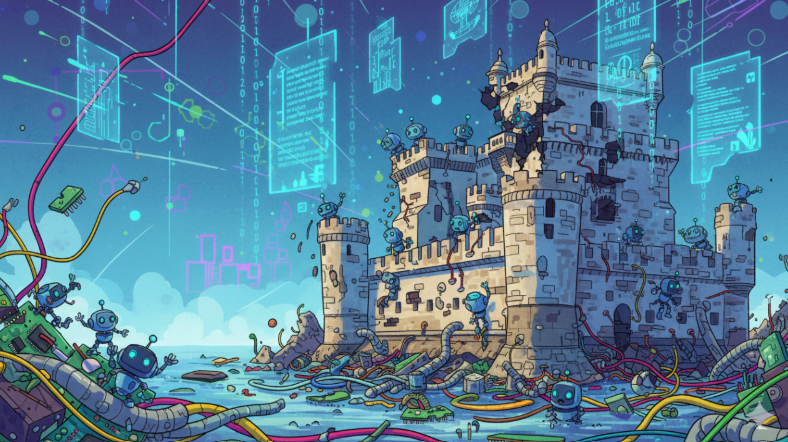Introduction
Customer expectations in B2B are converging with those in B2C. Buyers want fast, personalized, and proactive support. Research shows that by 2028, agentic AI could handle nearly 70 percent of vendor interactions. The future of customer service is not about replacing humans but about scaling experiences intelligently.
Why This Matters
Customer service is often the difference between renewal and churn. In B2B, where contracts are high value and relationships are long term, service quality directly impacts revenue. Agentic AI can reduce wait times, resolve routine issues instantly, and surface insights for account managers.
How Agentic AI Elevates Support
- Proactive engagement: Systems detect issues before customers report them.
- Multi-channel consistency: Chat, email, and phone support all align.
- Knowledge automation: AI retrieves the right resources instantly.
- Escalation intelligence: Complex cases are routed to the best-fit human expert.
Strategic Recommendations
- Start with high-volume, low-complexity use cases.
- Train customer service teams to work alongside AI agents.
- Integrate service data with CRM to support upselling and cross-selling.
- Measure success in terms of customer satisfaction and retention, not just cost savings.
Risks and Challenges
AI agents must be transparent about their identity. Customers may lose trust if they feel misled. Over-automation without human fallback can also damage relationships.
Conclusion
Agentic AI is not a replacement for customer service—it is an amplifier. B2B organizations that adopt it responsibly will create experiences that are faster, smarter, and more human.






